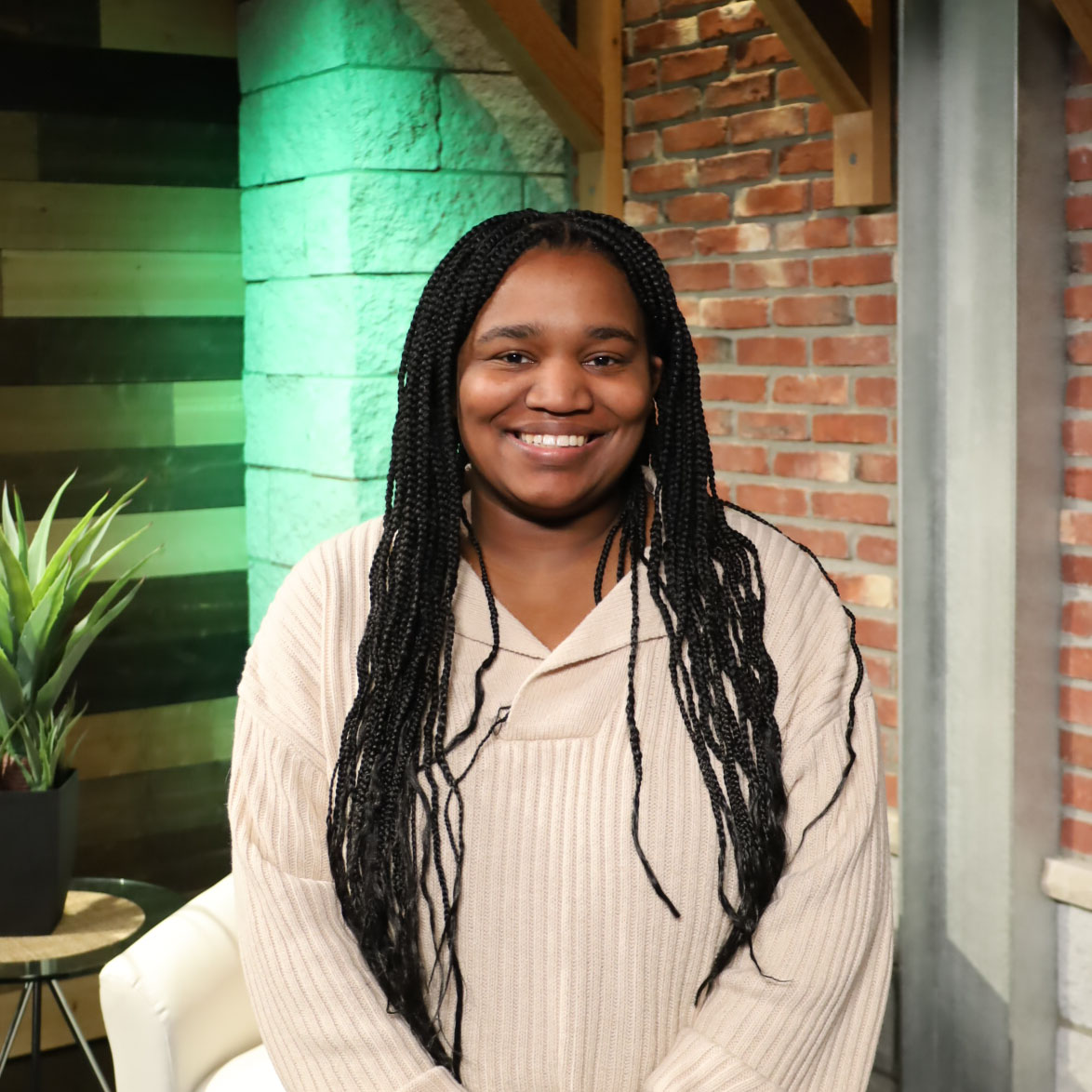A faculty member recently asked me, “How can you do it all?” I shrugged and replied, “I honestly couldn’t say.”
The truth is, I could say, but that would be admitting that I have too much on my plate and I’ve been neglecting my mental health.It often feels like I don’t have time to focus on it or to feel my feelings in general, so, I channel my energy into extracurriculars and coursework.
This is what dealing with high-functioning depression feels like. You may not look “depressed” because you’re still functioning. So, in turn, nobody really checks on you.
For the Black community, there is stigma surrounding mental health care, making it challenging to prioritize emotional well-being.While there is much to say on the topic, I’d like to focus on Black women who experience different symptoms.
According to a New York University study, this includes fatigue, self-blame or hate, etc., on top of the hopelessness of depression. These women blame themselves for being depressed because they are expected to be “strong Black women.”
As a Black woman, I don’t have the luxury of feeling emotions because of this stereotype that claims Black women are strong superheroes. And you may wonder — why doesn’t she ask for help? Sometimes I hesitate to seek help because, more often than not, the responses are the opposite of what I need.
Instead of genuine support, I’m met with phrases like “You got this!” or “You don’t have anything to be sad about.” I hesitate because these same people urge me to ask for help and are annoyed when I do so.
Between this, the stigma of mental health in Black communities and stereotypes placed on Black women, it feels like we don’t have time to not be okay.
About a week ago, I started to feel overwhelmed because my mind could only fixate on responsibilities. It often feels like my thoughts jump to the next task after completing one thing. I reached out to Cyneatha Millsaps, the only Black woman faculty member I could talk to.
While she was happy to help, her position is the executive director of CCE, not a counselor.The burden of helping students of color with emotional problems should not only fall on one staff member, especially when it isn’t a part of their job description.
The lack of support for Black students on campus leaves me wondering if others feel the same but struggle to seek help or find culturally responsive resources. And, where do Black faculty turn to for guidance at predominately white institutions? They connect and advise students of color, but who provides them the same?
As Black Student Union (BSU) president, I’ve intentionally created mental health spaces because there are none available.BSU recently hosted a mental health, wellness and identity session for people of color and a number of them shared about their experiences.
This event only solidified the idea that culturally responsive support is essential for students of color, specifically Black individuals, on campus and beyond. As GC and our world become more diverse, so do their needs.
Even if you don’t share my identity, know that this concerns you. Mental health issues impact all of us. Check on your family and friends, even if they appear okay. A check-in like “how are you?” goes a long way. Many people unconsciously mask their symptoms as productivity.
Initially, I hesitated to write about my experience with mental health. I realize now that there is power in sharing one’s struggles. I don’t intend for this to be a pity-seeking piece but rather a testament to the importance of speaking about mental health.
As the end of the semester nears and my calendar fills up with responsibilities, I am learning the importance of establishing boundaries and recognizing my limitations. I am also learning that my identity doesn’t have to revolve around being strong all the time.
As my therapist said, “You got this, but it’s okay if you don’t.”




